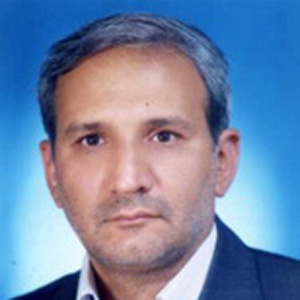Russia’s Dualistic Look at Middle East Developments

Those concepts are necessarily the ones originating from the West, as in the past: they may be new concepts originating from somewhere else like Islamic countries. Therefore, in the existing world, one should not think too restrictedly, emphasizing pre-defined backgrounds. In today’s world, human beings should constantly adapt themselves to new developments.
In the past, the concept of democratization in the Middle East was interpreted differently, but now, the events taking place in the Middle East are different from what had been happening ten years ago in the time when George Bush, Jr. was seeking a democratization in the ME. If ten years ago today’s events had occurred in the Middle East, they would probably be called “Color Revolutions”, but now it can clearly be seen that they are indigenous, while in the past, they were exogenous.
Some compare the current events of the ME with the color revolutions in Eastern Europe. In color revolutions, management was external and the movements included some social layers, but now, in the events already taking place in the ME, the role of the people can obviously be witnessed and the events arose from within the community; thus, it is very different. Regimes resulting from the color revolutions were unstable because they came into power by a certain planning, while the regimes established after the recent events in the Middle East enjoy stronger public support.
The Russians look at Middle East developments with some doubt. On the one hand, they are concerned with the rule of some radical Islamic movements in the region that affect the Islamic movements in Chechnya: this is a very decisive factor. Even if completely secular regimes are established in the Arab countries in the future the Islamists will certainly be among the powerful groups; they will participate in elections as a political force, and will be chosen and be present in parliaments. Naturally, some of these people may support the Chechen fighters. It seems the Russians are worried that the Chechens may gain intellectual and financial support through the Middle East upsrisings.
On the other hand, the Russians are happy that the developments threaten the interests of the US and the West. But eventually, if the currents talks between the Western and Islamic movements continue and conflicts arise, Russia will support the Westerners, not the Islamists.
In this context, Huntington’s arguments can be pointed to; that Russia is of the first civilization field and still has not determined its position and it is possible that it moves toward either the Islamic civilizations or Western civilizations. Based on Russia’s features, it seems to move toward the West. Of course, Russia may be divided into two parts in the process, but seemingly the current government chooses the West due to the interests gained in connection with the West.

